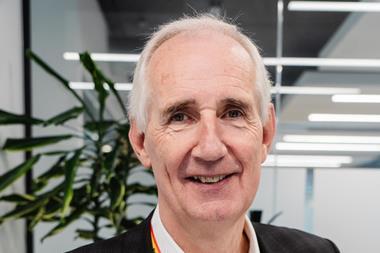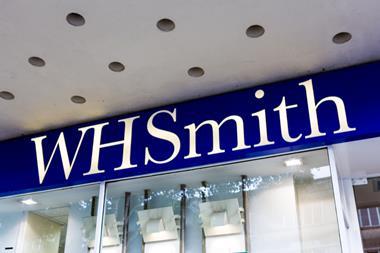Consumer fears about shopping online should play into the hands of the big e-tailers, but ignorance about secure purchasing could play into the hands of the fraudsters, claims a study from e-tail security specialist ClearCommerce.
According to a recent survey of 250 consumers, 96 per cent said they were worried about giving their personal details online. In addition, 71 per cent of respondents were unsure how to tell if a Web site was secure, and 27 per cent trusted any site that displayed a padlock symbol. Some 14 per cent admitted that their only security check was to stick to well-known names.
ClearCommerce Europe business development director Alan Smith said: 'The more consumers become aware of the various fraud scams, such as phishing (using spoof e-mails and fake Web sites to obtain cardholder details), the more the consumer will shop online with trusted brands.'
Shoppers are also ignorant of who takes responsibility when a card is used fraudulently on the Internet. Some 65 per cent thought either the cardholder or the bank was responsible.
In fact, the retailer usually bares the brunt for fraudulent purchases where the cardholder is not present.
There is a growing fear that online fraud may increase as a result of credit card fraudsters looking to new avenues after the introduction of Chip and PIN next year.
'As the face-to-face payment environment moves to Chip and PIN, this will make it increasingly difficult for fraudsters to exploit this method,' said Smith. 'They will migrate to other methods, such as cardholder-not-present fraud. How much will migrate is open for discussion, but the risks will certainly increase.'
Asked if retailers believed that Chip and PIN would push more fraud online, Marks & Spencer corporate press manager Sue Sadler said: 'People engaged in fraudulent activities may well look at other channels when systems are tightened in certain areas. It is up to retailers to ensure that they have the best systems possible to combat fraud.
'We have a dedicated e-commerce team whose sole focus is protection against fraud, so we do not think this will be an issue for us.'
























No comments yet